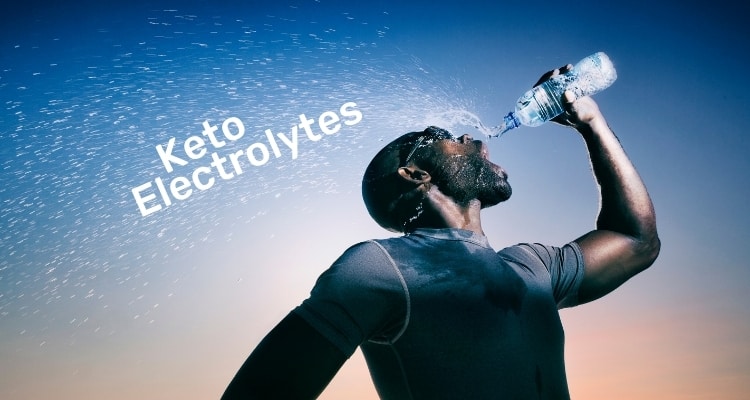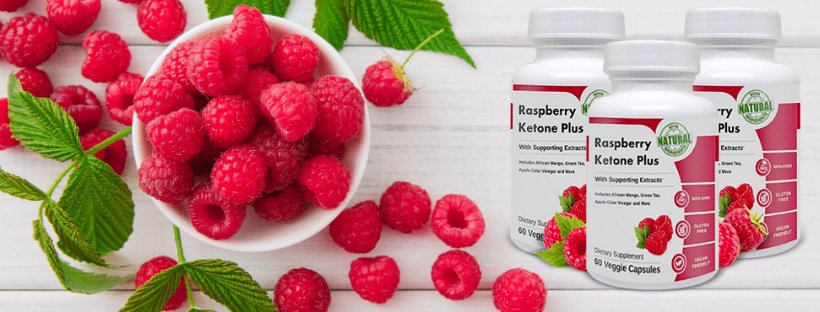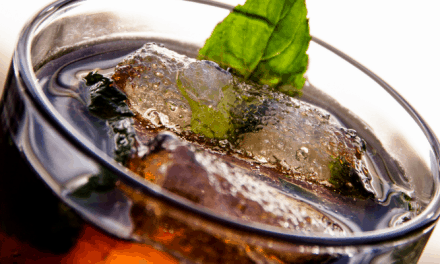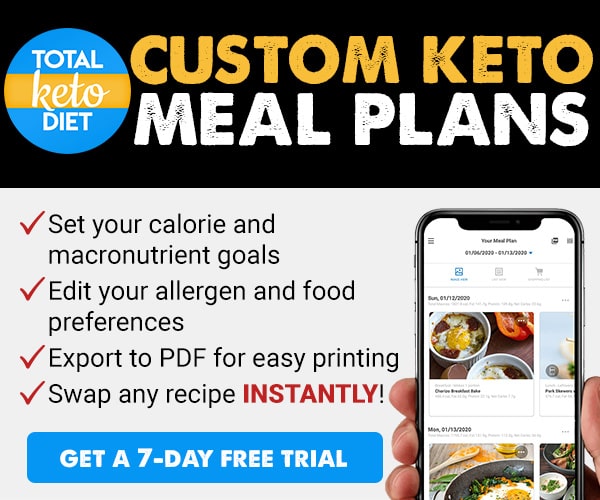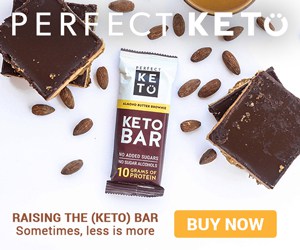Having electrolyte imbalances can make adapting to the keto diet a struggle. It is often why many people start keto, but don’t stick with it. Knowing that your body may need some assistance transitioning into ketosis is half the battle won.
As your body transitions to keto, it burns existing glycogen stored from carbohydrates. In turn, less insulin is produced and more sodium and water is excreted in urine. This can cause electrolyte imbalances, which is why supplementing with keto electrolytes is beneficial.
What Are Electrolytes?
Electrolytes are minerals that your body needs to function properly. This includes heart health, muscle contraction, energy production, brain functioning, urine output and more.
There are five main electrolytes that your body needs when following the keto diet. These are Potassium, Magnesium, Sodium, Chloride and Calcium.
Electrolyte imbalances are often associated with the keto flu. Signs and symptoms of the keto flu are headaches, difficulty concentrating, insomnia or poor sleep, irritability, feeling fatigued, carbohydrate and sugar cravings.
Exogenous ketones and/or keto electrolytes are often used to help manage this transition and throughout the keto diet to keep your body at optimum levels.
You can also eat electrolyte rich foods on keto, however, many foods with higher levels of electrolytes are not suitable for the keto diet. A good example is eating a banana for increased potassium.
Let’s take a closer look at the main electrolytes your body needs:
Potassium
Potassium is one of the most important electrolytes to maintain on keto. There aren’t a huge range of keto friendly foods that contain potassium, yet potassium is responsible for a healthy heart, blood pressure, nerve function, bowel function and so much more.
Keto foods that contain potassium are avocadoes, dark leafy greens such as spinach and swiss chard, Portobello mushrooms and cooked salmon.
Potassium is the main electrolyte in intracellular fluid. According to HealthGovDirect, adult men are recommended to have 3800mg per day of potassium, adult women 2,800mg per day. Considering half an avocado has approximately 487mg of potassium, you still have a long way to go to ensure you are getting enough potassium in your diet.
Sodium
As you transition into the keto diet, you may find you lose a larger amount of weight in the first couple of weeks. This is often referred to as “water weight” as around half that weight loss is water stored in your body.
When you excrete the water through either urine or sweat, sodium is commonly excreted as well. If you are low in sodium you may feel fatigued, have headaches, suffer from nausea, not tolerate the heat or exercise, and suffer from muscle cramps.
Chloride
Sodium and chloride go hand in hand, a little like keto friendly peanut butter and sugar free jelly.
As you transition to ketosis and your body loses sodium, it can lose chloride as well. That’s why you’ll find most supplements for keto include both sodium and chloride. It is all about maintaining balance within your body.
Magnesium
Magnesium is required for more than 300 reactions in the body.
It helps with muscle function, hormones, aids in the production of energy and protein, and assists to keep bones strong. It’s also been shown to help with cramping, food cravings, sleep, and constipation.
Including dark leafy greens in your keto diet such as kale and spinach will help with added magnesium. Nuts and seeds are good sources of magnesium also. You can also take a magnesium supplement to help balance your body’s magnesium.
Magnesium is a popular supplement to take at bedtime to help with restful sleep.
Calcium
Calcium is mostly needed as you transition to the keto diet, unless you are lactose intolerant, or choose to go keto dairy free.
Calcium assists with nerve function, muscle contraction, supports hormone release and healthy bones.
Obtaining the necessary levels of calcium is not just limited to the consumption of dairy. Keto friendly foods that contain calcium are chia seeds, sunflower seeds, almonds, broccoli, sardines and salmon. Dark leafy greens like kale are a good source of calcium as well.
How Often Should I Take Electrolytes on Keto?
Each person is individual and determining if you need keto electrolytes isn’t always a clear process.
If you are just getting started on the keto diet, it is best to speak with your doctor and get your electrolytes checked. You then have a baseline to measure against throughout your keto journey, with regular checks via your health care provider.
Some of the common signs of electrolyte imbalances are:
- Headaches and difficulty thinking clearly, usually described as brain fog
- Muscle cramps
- Fatigue and dizziness
- Restlessness and irritability
- Insomnia or difficulty sleeping
- Constipation
- Nausea
- Heart Palpitations
- Blood Pressure issues – usually low blood pressure
Can You Have Too Many Electrolytes on Keto?
If you overconsume electrolytes on keto your kidneys will initially filter water and these electrolytes from your blood and excrete them through your urine.
If you have been overconsuming electrolytes for some time, you could experience irregularities in your heartbeat and possibly even seizures. Overconsumption of electrolytes over time can lead to kidney injury or damage.
Stick to the recommended dosages of electrolytes and be sure to contact your doctor if you have any concerns.
Are Ketones Electrolytes?
Exogenous ketones are man made ketones that are bound to electrolytes such as sodium, magnesium, calcium and potassium.
Many exogenous ketone drinks do not contain potassium, or other vital minerals the body needs.
In short, ketones are bound to electrolytes in exogenous ketone supplements. This is different to keto electrolytes, such as the products below. These are electrolytes only and do not contain any ketones.
Where to Buy Keto Electrolytes
Kiss My Keto, Key Nutrients and Perfect Keto are my three favorite keto electrolytes.
Kiss My Keto Electrolyte Powder
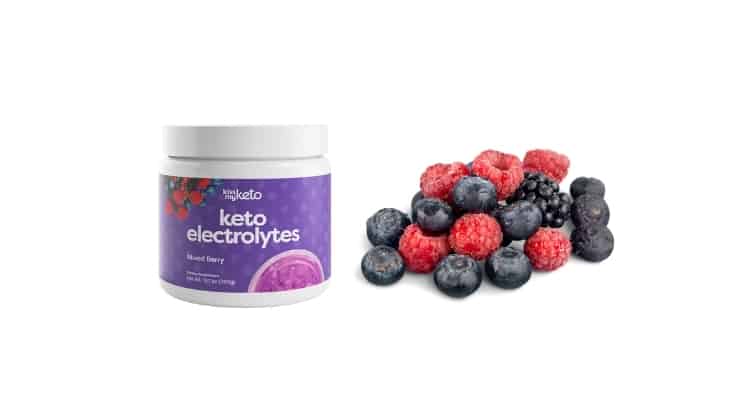
A keto electrolyte powder in just one flavor – mixed berry. It contains the core electrolytes of calcium, potassium, magnesium, sodium and chloride with added zinc for immune system health.
There’s 90 servings in a container. Each serving has no carbs and only 5 calories. Buying monthly on subscribe and save is the best value.
Key Nutrients Keto Electrolytes
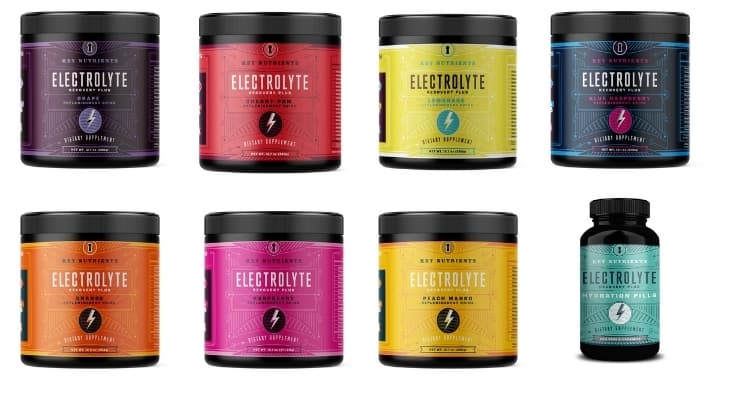
Key Nutrients are excellent keto electrolyte supplements. Not only do these keto electrolyte drinks come in 7 flavors, there are 12 additional vitamins added into the mix.
Each container has 90 servings, making this a very cost effective purchase. Out of the three keto electrolytes featured here, Key Nutrients is the least expensive.
The downside is it can be a little gritty with all the added vitamins and isn’t such a smooth mix as Kiss my Keto or Perfect Keto.
A full review of Key Nutrients keto electrolytes will be coming soon.
Perfect Keto Electrolytes
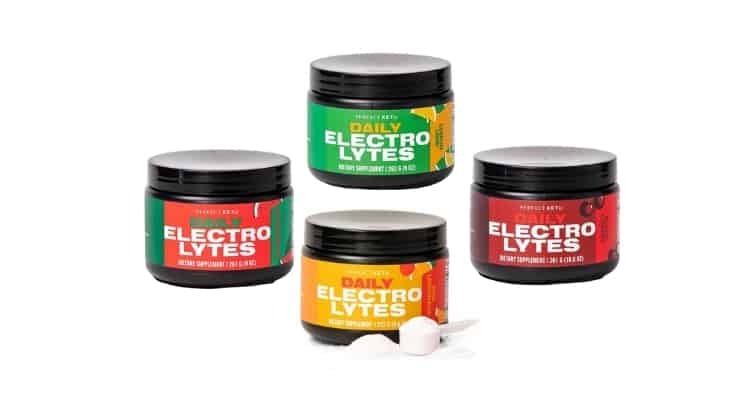
Perfect Keto electrolytes contain a blend of potassium, sodium, chloride, magnesium and vitamin D. The vitamin D is added to help absorption of magnesium into the body.
There are no calories or carbs in these keto electrolytes.
With 45 servings per container, it isn’t the most cost effective way to buy your keto electrolytes. Having said that, Perfect Keto make very clean, quality, products that dissolve well for a smooth drink.
Also, most people make up to 16 ounces of the keto electrolyte drink (compared to 8-10 ounce serving with Kiss my Keto), so it balances itself out with a larger serving size.
Is Propel Electrolyte Water Keto?
Looking at the nutrition panel of Propel Electrolyte water, it appears to be keto friendly. One thing to keep in mind is propel water does contain sucralose in the premixed flavors. The sachets you make up yourself contain both sucralose and maltodextrin. Maltodextrin isn’t keto friendly.
Sucralose is an artificial sweetener. As an individual, choose whether you want to include this in your diet or not. The link in this paragraph will take you to a blog post explaining artificial sweeteners and how they may affect the keto diet.
Propel advise that there is a “dietarily insignificant amount of sugar” in the drink, however, this could be anything up to 0.9 grams of carbs, which would still be published as 0g.
Is Gatorade G Active Electrolyte Water Keto?
Sodium and a small amount of potassium are the only two electrolytes in Gatorade g-active water, along with some B vitamins.
It also contains sweeteners 950 and 955. These are:
- 955: Sucralose
- 950: Acesulphame potassium (Ace K)
I’ve mentioned above about choosing to consume foods containing sucralose on the keto diet, with a link to further information.
Other than that, there are no carbs in g-active water.

